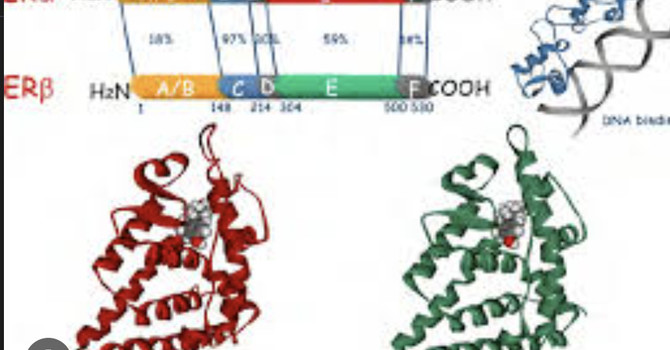
Did you know that hormones play a crucial role in maintaining brain health, especially during menopause? Recent research has shed light on this fascinating connection, offering new hope for women concerned about cognitive decline.
A groundbreaking study from the University of Arizona examined nearly 400,000 women's insurance records and found that hormone therapy was associated with a significantly reduced risk of neurodegenerative diseases, including Alzheimer's. In fact, bioidentical hormones containing both estrogen and progesterone reduced the risk of dementia by an astounding 69%.
Estrogen's Impact on Brain Function
Estrogen facilitates higher cognitive functions by exerting effects on brain regions such as the prefrontal cortex and hippocampus
(1). It induces spinogenesis and synaptogenesis in these areas, which are crucial for memory and executive function. Estrogen receptors are widely distributed throughout the brain, suggesting a broad role in regulating neural function beyond just reproductive behaviors(2). A review of estrogen's effects on normal brain function found that it influences the dopaminergic, serotonergic, and cholinergic systems, all of which are critical for cognitive and emotional processing(3). This may explain why many women report memory and cognitive difficulties during times of hormonal fluctuation.
Progesterone's Role in Cognitive Health
Progesterone also plays a vital role in brain health. It has been shown to regulate cognition, mood, inflammation, mitochondrial function, neurogenesis, and myelination. A study on postmenopausal women found that progesterone treatment was associated with changes in brain activation patterns during visual memory tasks, with greater activation in the left prefrontal cortex and right hippocampus compared to placebo (4).
Testosterone and Cognitive Function
While often overlooked, testosterone also impacts cognitive function in both men and women. A recent study found that in older women carrying the APOE-ε4 gene (a risk factor for Alzheimer's), lower testosterone levels were associated with worse performance on global cognition, processing speed, and verbal memory tests(6). This highlights the complex interplay between hormones, genetics, and cognitive health.
Hormone Therapy and Brain Protection
The evidence suggests that hormone therapy may offer significant brain health benefits for menopausal women. A large NIH study of 10 million women found that those on hormone replacement therapy lived 19% longer and had lower rates of certain cancers and cardiovascular issues. Transdermal and vaginal estrogen preparations showed small but significant risk reductions for stroke and dementia.
However, it's important to note that not all studies agree on the cognitive benefits of hormone therapy. Some research has suggested an increased risk of dementia with hormone use, particularly in women over 65. These conflicting results underscore the need for personalized approaches to hormone therapy.
Actionable Takeaways
- Discuss the option of bioidentical hormones with your healthcare provider.
- Don't rule out hormone therapy if you're over 65 – some studies suggest older women may benefit most.
- Remember that hormone health is complex – factors like thyroid function, nutrition, and lifestyle all play a role.
- Consider cognitive testing to establish a baseline and track changes over time.
Dr. Anat Sapan MD, specializing in peri/menopause care, advocates for a personalized approach combining Bioidentical Hormone Replacement Therapy with lifestyle strategies. Her telemedicine services in Arizona, California, Florida, Illinois, New York and Arizona. I aim to help women overcome menopausal symptoms and enhance their quality of life.

Anat Sapan, MD
Contact Me



